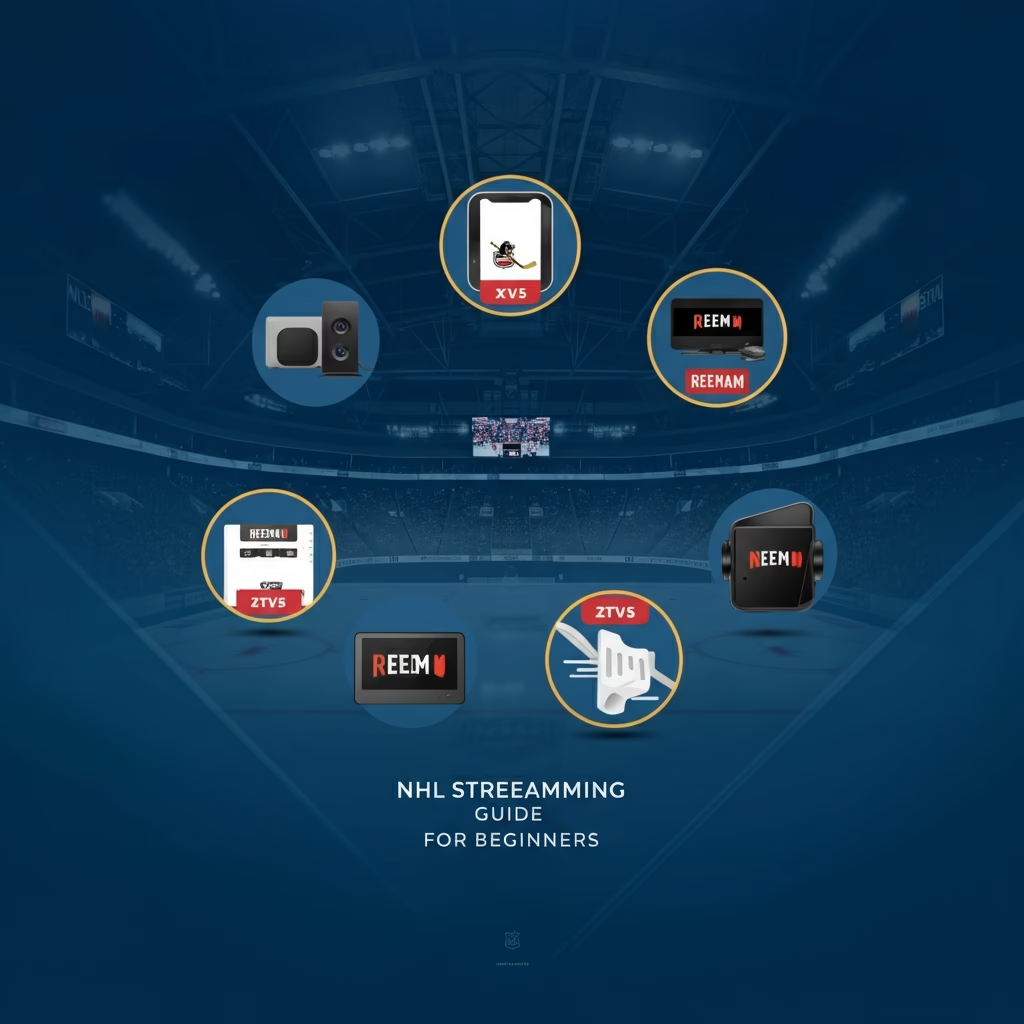Introduction
The world of technology is in a constant state of evolution, with new innovations redefining the limits of what’s possible. Among the emerging trends, dobwgxz technology has been steadily gaining attention. While it may still be considered niche compared to mainstream innovations, experts and early adopters see immense potential in its applications across various industries. This forward-looking technology promises to reshape processes, enhance performance, and introduce new standards for efficiency and adaptability.
As we look ahead, the future of dobwgxz technology seems poised for significant growth. This article delves deep into the drivers behind its rise, the industries set to benefit most, and the challenges and opportunities awaiting in the years to come.
Understanding dobwgxz Technology
Before we can forecast its future, it’s essential to clarify what dobwgxz technology represents. At its core, dobwgxz is a multi-functional innovation platform that integrates data processing, automation capabilities, and adaptive learning systems into a single framework. Its versatility lies in its ability to work with different operational environments, whether in industrial manufacturing, scientific research, or consumer-level products.
The technology’s appeal stems from three primary characteristics:
-
High Customization Potential – dobwgxz systems can be tailored to specific business or personal needs.
-
Scalability – Whether implemented in small startups or large enterprises, the technology scales seamlessly.
-
Interoperability – dobwgxz can integrate with other technologies, making it a flexible choice in hybrid digital ecosystems.
Key Trends Driving the Future of dobwgxz Technology
1. Increasing Demand for Automation
The global market is shifting toward automation as a necessity rather than a luxury. From production lines to customer service solutions, organizations are seeking ways to streamline operations without sacrificing quality. dobwgxz’s automation potential makes it a front-runner in this movement, as it can execute repetitive tasks with minimal human oversight while learning and improving from every iteration.
2. AI-Driven Enhancements
Future versions of dobwgxz will likely incorporate artificial intelligence and machine learning at deeper levels. AI integration will enable predictive decision-making, real-time problem-solving, and advanced pattern recognition. This could lead to breakthroughs in sectors such as healthcare diagnostics, environmental monitoring, and logistics planning.
3. Cross-Industry Adoption
Currently, dobwgxz is primarily deployed in technical and research-focused industries. However, its modular nature will make it increasingly appealing for non-technical sectors, such as education, entertainment, agriculture, and even urban infrastructure management. This diversification will be a major driver for long-term adoption.
4. Cloud Integration and Remote Access
With the rise of cloud-first strategies, dobwgxz technology will expand beyond localized systems. Future iterations will likely feature cloud-native architectures, enabling remote management, real-time analytics, and global collaboration without heavy on-premise infrastructure.
Industries Poised to Benefit Most
Manufacturing and Industrial Automation
dobwgxz could transform industrial workflows by introducing adaptive assembly lines that adjust processes dynamically based on incoming data. This not only minimizes downtime but also ensures consistent product quality.
Healthcare and Biotechnology
In medical applications, dobwgxz could enhance diagnostics by rapidly processing complex datasets from imaging scans, genetic tests, or patient monitoring systems. Additionally, it could optimize research pipelines in pharmaceutical development, significantly reducing the time needed to bring new treatments to market.
Energy and Sustainability
Renewable energy systems, such as wind and solar farms, can benefit from dobwgxz-driven predictive maintenance. The technology’s real-time monitoring could improve efficiency and lifespan, reducing operational costs and environmental impact.
Smart Cities and Infrastructure
Urban planners could leverage dobwgxz to manage resources more effectively — from traffic flow optimization to water usage monitoring — resulting in safer, more sustainable living environments.
Opportunities in the Next Decade
1. Personalized Solutions
As consumer expectations grow more specific, dobwgxz’s adaptability will allow for hyper-personalized systems. For instance, in education, dobwgxz-powered learning platforms could adjust lesson plans in real-time based on a student’s progress and learning style.
2. Global Collaboration Networks
By combining dobwgxz with advanced connectivity, global teams will be able to work together more fluidly. For research and innovation projects, this could mean faster breakthroughs and more inclusive participation across different regions.
3. Integration with Emerging Tech
dobwgxz is not a standalone innovation — it thrives when paired with other emerging technologies like IoT (Internet of Things), blockchain, and quantum computing. These integrations could unlock capabilities we haven’t yet imagined, such as secure, self-auditing supply chains or ultra-precise environmental simulations.
Challenges That Could Shape the Future
1. Regulatory and Compliance Hurdles
As with any powerful technology, dobwgxz will need to navigate the complex landscape of global regulations. Standards related to data privacy, cybersecurity, and ethical AI use will be critical to gaining widespread acceptance.
2. Skills Gap
The technology’s sophistication may initially limit adoption to organizations with specialized technical teams. Bridging the skills gap through education, training programs, and simplified interfaces will be essential for broader accessibility.
3. Cost Barriers
In its early stages, the cost of implementing dobwgxz solutions may be prohibitive for smaller enterprises. Over time, however, economies of scale and open-source contributions could reduce entry costs significantly.
4. Resistance to Change
Even when the technology proves beneficial, cultural and organizational resistance can slow down adoption. Leaders will need to emphasize clear communication, change management strategies, and demonstrable ROI to overcome such obstacles.
Predictions for the Next 5–10 Years
1. Standardization of dobwgxz Protocols
Industry-wide standards will emerge, allowing different dobwgxz systems to communicate and collaborate more effectively. This will encourage innovation by enabling modular plug-and-play components.
2. Mainstream Consumer Applications
While dobwgxz is currently more prevalent in enterprise settings, the next decade will see its entrance into consumer electronics, home automation, and personalized digital assistants.
3. Self-Evolving Systems
Advanced dobwgxz units will feature self-optimization algorithms, learning from both their own performance data and global network trends. This will minimize the need for manual updates and configurations.
4. Sustainable Deployment
Environmental considerations will push dobwgxz development toward energy-efficient architectures and circular economy principles, reducing the environmental footprint of large-scale deployments.
5. Collaborative AI Ecosystems
In future smart ecosystems, dobwgxz won’t operate in isolation but will be part of collaborative AI networks. These systems will share insights, resources, and strategies across industries in real time.
Strategic Recommendations for Stakeholders
For Businesses
-
Start Small, Scale Smart – Begin with targeted applications where dobwgxz can deliver clear, measurable benefits.
-
Invest in Training – Equip teams with the skills to maximize technology potential.
-
Build Partnerships – Collaborate with dobwgxz developers and industry leaders to stay ahead of the curve.
For Developers
-
Focus on Usability – Simplify interfaces so non-technical users can harness the full power of dobwgxz.
-
Ensure Security – Embed robust cybersecurity features from the ground up.
-
Embrace Open Standards – Promote interoperability to encourage adoption.
For Policymakers
-
Support R&D – Encourage innovation through funding, incentives, and research grants.
-
Set Clear Regulations – Establish guidelines for ethical and responsible usage.
-
Facilitate Education – Support programs that close the skills gap in dobwgxz-related fields.
Conclusion
The future of dobwgxz technology is bright, driven by its adaptability, scalability, and potential for cross-industry transformation. While challenges remain, the opportunities far outweigh the risks — particularly for those who adopt early and strategically. In the coming decade, dobwgxz could evolve from a specialized tool into a cornerstone of global innovation, influencing everything from manufacturing and healthcare to urban planning and environmental sustainability.
The organizations, developers, and policymakers who recognize its potential today will be best positioned to shape its trajectory tomorrow. As with all transformative technologies, the question is not whether dobwgxz will impact the world — but how soon and how profoundly it will do so.


